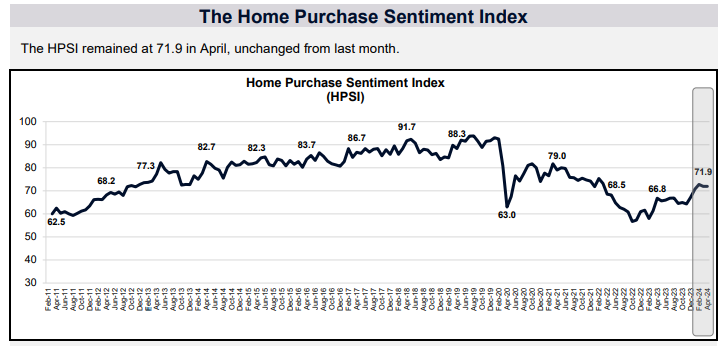Advertisement
FHFA Releases GSE Stress Test Results

The Federal Housing Finance Agency (FHFA) conducted its annual stress test of Fannie Mae and Freddie Mac, and the results were not exactly encouraging.
As part of its stress test, the FHFA envisioned a worst-case economic scenario encompassing a global recession lasting from Dec. 31, 2016, to March 31, 2019. In this scenario, the FHFA imagined a world with “large reductions in asset prices, significant widening of corporate bond spreads, and strained market liquidity conditions.” The stress test also pretended a real estate market where “home prices decline by approximately 25 percent, and commercial real estate prices fall by 35 percent through the first quarter of 2019.”
The government-sponsored enterprises (GSEs) did not fare well in such a situation, requiring as much as $100 billion allocated through an incremental Treasury draw to keep them operational. Neither the FHFA nor the GSEs offered any public comment on the stress test results, with the FHFA merely acknowledging that the Dodd-Frank Act requires this hypothetical annual exercise.
About the author





